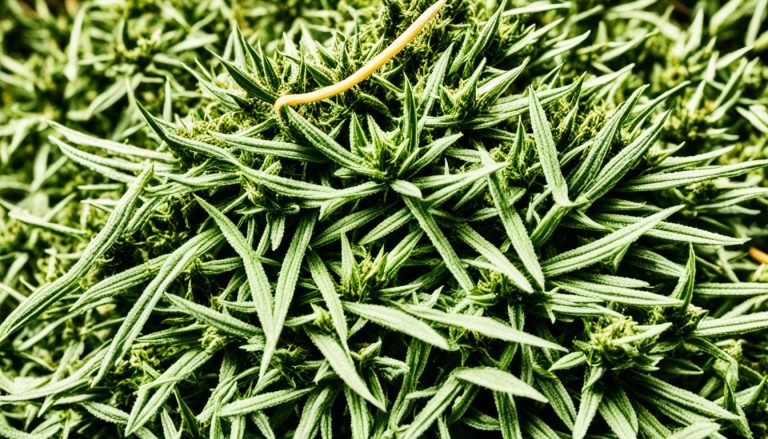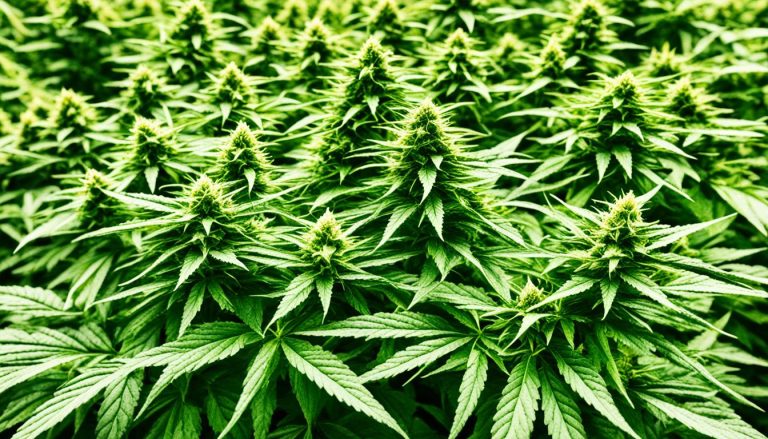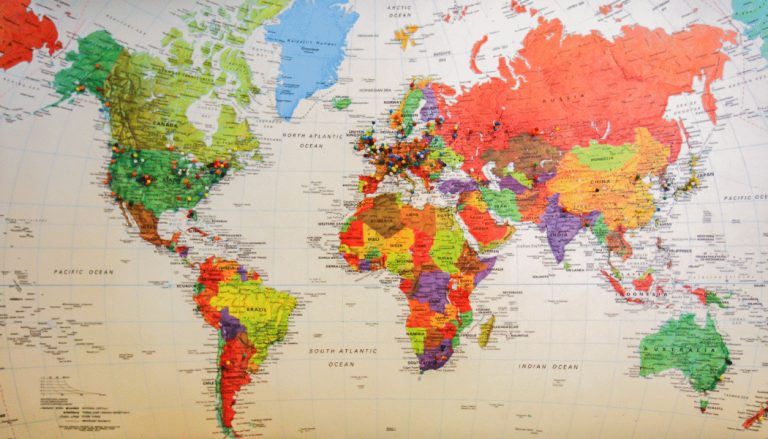Is Ibogaine Legal In Australia?
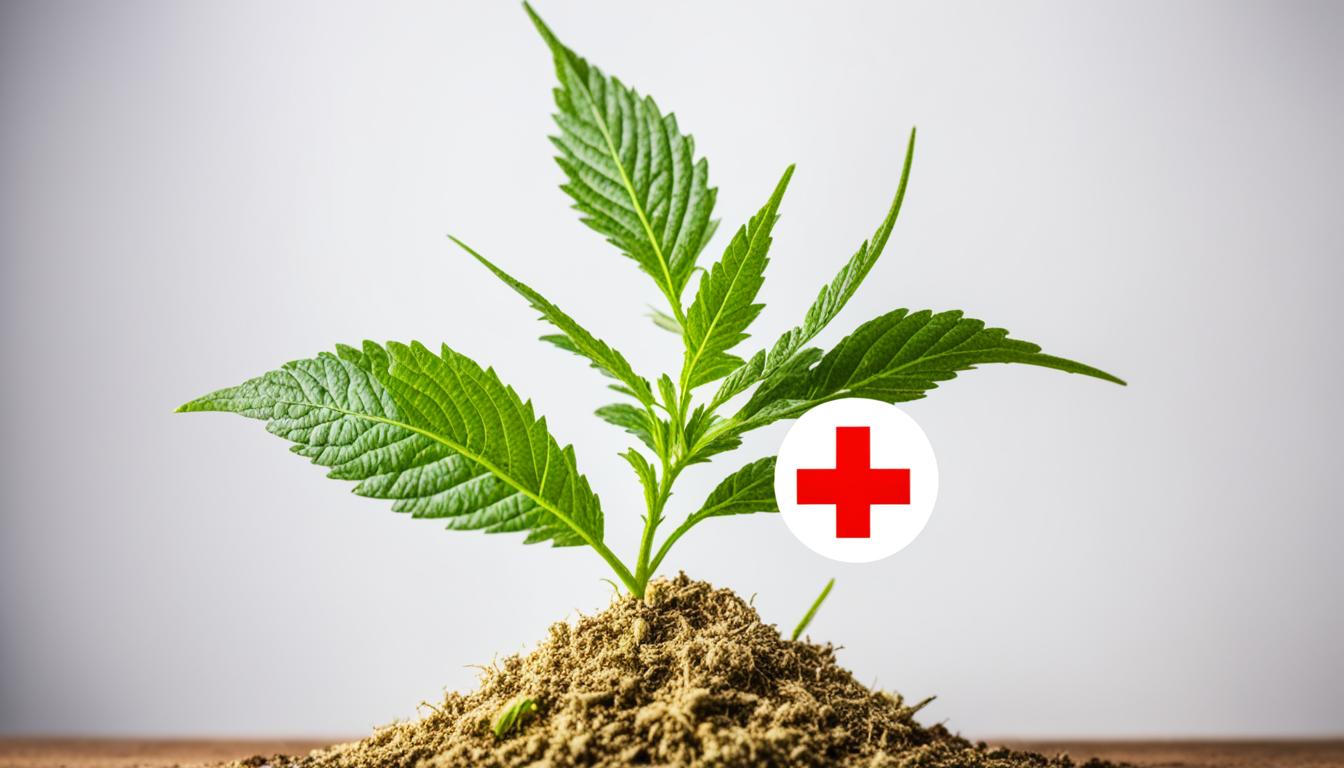
The legal status of ibogaine in Australia is currently a hot topic. It’s known for its potential to help with addiction, thanks to its effects from the iboga plant. Yet, its legality is filled with debates and controversies.
In Australia, the balance between ibogaine’s benefits and risks is carefully weighed. The substance is not approved for medical use today. All aspects, from personal use to research and treatments, are under tight control. To fully understand ibogaine’s legal situation in Australia, one must dive into the various views and updates.
Key Takeaways
- The legal status of ibogaine in Australia is complex and often debated.
- Ibogaine is known for its potential in addiction treatment but remains unapproved for medical use.
- Australia’s drug regulations affect ibogaine’s personal use, research, and therapeutic applications.
- Understanding ibogaine’s legal status involves exploring various perspectives and recent developments.
- The evolving legal landscape reflects the tension between potential benefits and risks of ibogaine.
Understanding Ibogaine and its Origins
Ibogaine comes from the iboga root in West Africa. It’s known for helping with addiction treatment. People around the world, including in Australia, are looking into how it can be used today. Its history and culture tell us why it’s so special.
What is Ibogaine?
Ibogaine is a compound from the iboga plant’s root. For hundreds of years, it was used in West African ceremonies by the Bwiti religion in Gabon. Lately, it’s been explored for breaking addiction patterns. This has stirred talks about using it in places like Australia.
Historical and Cultural Significance
West African tribes have long used iboga root in spiritual ceremonies. It helps them have spiritual experiences and find deep truths. This shows how important ibogaine is to their culture.
Now, researchers and doctors are interested in ibogaine for medicine. Even though its legal status in Australia is complicated, many support studying its use for addiction. Its fascinating history and possible health benefits make it an important topic both culturally and scientifically.
Current Legal Status of Ibogaine in Australia
Ibogaine comes from the iboga plant and is noted for its possible benefits in treating addiction. Yet, its legal standing in Australia is complex, influenced by various laws. These laws differ across federal and state levels.
Federal Laws and Regulations
Under federal law, ibogaine is a Schedule 4 substance according to the Poison Standard. This means it’s seen as having medical value but is tightly controlled. Only doctors can prescribe it, following strict manufacturing rules.
State-specific Legislation
In Australia, rules about ibogaine can vary a lot between states. Some states have tougher rules or extra steps for using and researching ibogaine. For example, New South Wales has specific regulations under the NSW Poisons and Therapeutic Goods Act.
Comparative Analysis: Australia vs. Other Countries
Looking at other countries, Australia’s rules on ibogaine offer a unique view. New Zealand has similar rules but a bit different, affecting how ibogaine is used for treatment. Meanwhile, Canada and some U.S. areas are more flexible, allowing easier access with certain conditions.
This examination shows a clear difference in how countries view psychedelic drugs, highlighting Australia’s careful yet evolving approach. By comparing, we can better understand the challenges and impacts of regulating ibogaine in Australia.
| Country | Ibogaine Legal Status | Control Measures |
|---|---|---|
| Australia | Schedule 4 (Controlled) | Strict Prescription Controls |
| New Zealand | Prescription Use Permitted | Regulated by Medical Authority |
| Canada | Variable by Province | Medical Supervision Required |
Psychedelic Legality in Australia
In Australia, there’s a lot of talk about the legality of psychedelics and their possible health benefits. People wonder if substances like ibogaine are legal. Both researchers and the public are curious.
“The evolving legislative framework around psychedelic substances in Australia marks a critical juncture in our approach to mental health treatment and drug policy,” says Dr. Rick Doblin, Founder and Executive Director of the Multidisciplinary Association for Psychedelic Studies (MAPS).
Right now, the rules about psychedelics in Australia are complex and changing. These rules impact both research and possible future health treatments. Supporters believe that psychedelics like ibogaine could transform how we treat mental health issues, including depression, PTSD, and addiction.
But not everyone agrees. Some people worry about the risks. They’re concerned about misuse, the lack of long-term safety studies, and how society might be affected. This creates a debate about if psychedelics, like ibogaine, should have fewer rules or be kept under tight control.
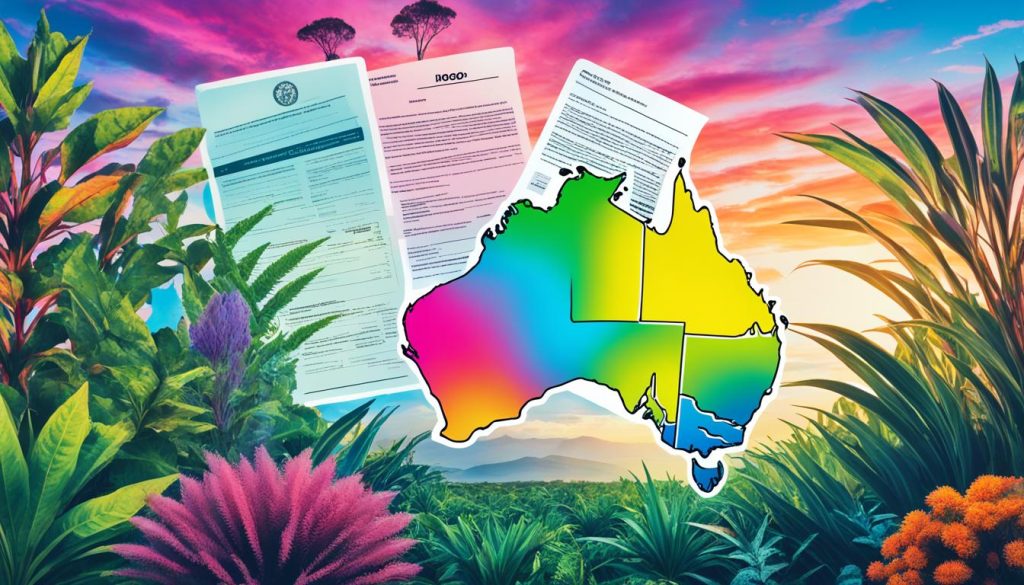
The debate is heating up as scientists want to do more research into how safe and effective psychedelics are. If laws change, it could lead to more in-depth studies and perhaps new ways to help people with mental health problems.
To wrap up, here are the main points from each side:
- Proponents: They highlight the possible health benefits and want fewer rules for research.
- Opponents: They worry about misuse and the need for more safety information. They prefer keeping the strict rules.
| Proponents’ Arguments | Opponents’ Arguments |
|---|---|
| Potential for mental health breakthroughs | Risk of misuse and societal impact |
| Need for comprehensive research | Lack of long-term safety data |
| Therapeutic innovation | Possible regulatory challenges |
Ibogaine Therapy and Treatment Centers in Australia
Ibogaine therapy in Australia shows great promise for treating addiction, despite legal issues. It’s vital to know about the treatment centers’ availability and the risks and benefits. This information is key for anyone thinking about this treatment.
The Role of Ibogaine in Addiction Treatment
Ibogaine therapy is becoming known for its ability to treat addiction. It’s seen as a new hope where other methods might not work. Even though more research is needed, many stories and initial studies back its potential.

Availability and Accessibility of Ibogaine Treatment Centers
In Australia, ibogaine treatment centers exist despite legal restrictions. These centers work in a gray area to offer this important therapy. Getting to these centers might require travel and special arrangements because of the laws.
Risks and Benefits of Ibogaine Therapy
Ibogaine therapy in Australia can quickly reduce withdrawal symptoms, which is great for severe addiction cases. But, it’s also important to consider the therapy’s risks. Side effects can be mild or serious, and some people have had negative reactions. This is why medical supervision is crucial during treatment.
Conclusion
The laws on ibogaine in Australia show a struggle. This is between its promise as an addiction cure and strict rules. We looked into ibogaine’s history, culture, and use today. This showed how people view its healing power differently. The debate over psychedelic laws in Australia adds to the complexity. It shows the larger fight over drug laws and public health.
In Australia, the laws are very complex for those backing ibogaine as a new treatment. Though it shows promise, tough rules keep it in check. This is like what we see worldwide. By looking at other countries, we see many kinds of rules. But Australia remains cautious, even as more people ask for change.
The talk about ibogaine’s legal status will keep going. New research and changing views will help it move forward. Support from stories of recovery and study results will be key. They will help shape future laws. What comes next for ibogaine in Australia depends on weighing its good and bad sides. And on understanding its role in the bigger picture of psychedelic rules.


